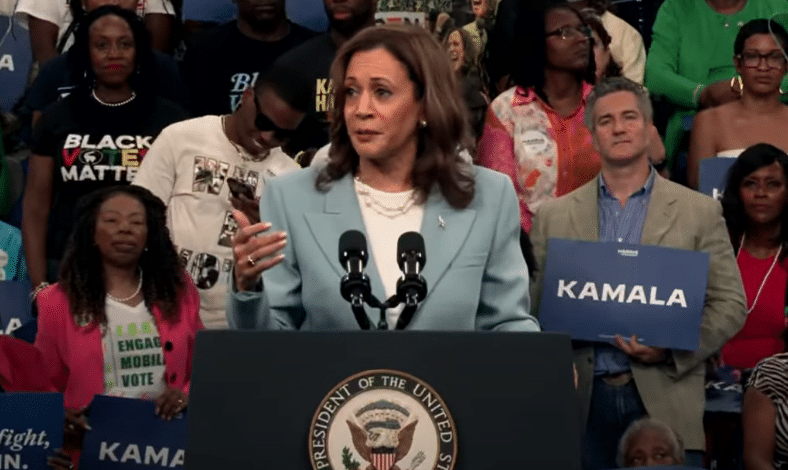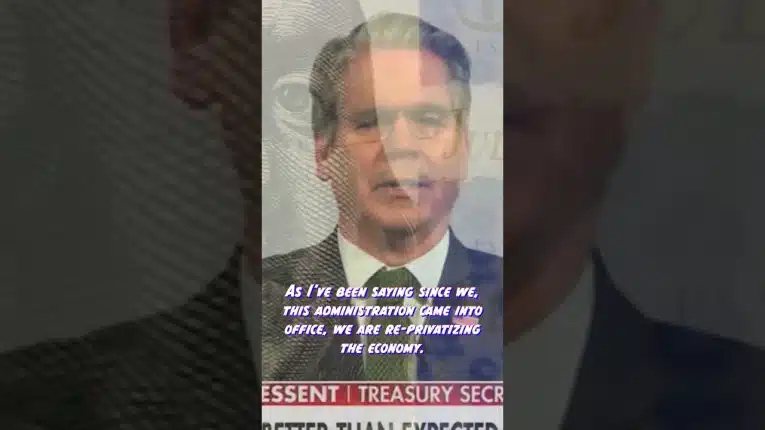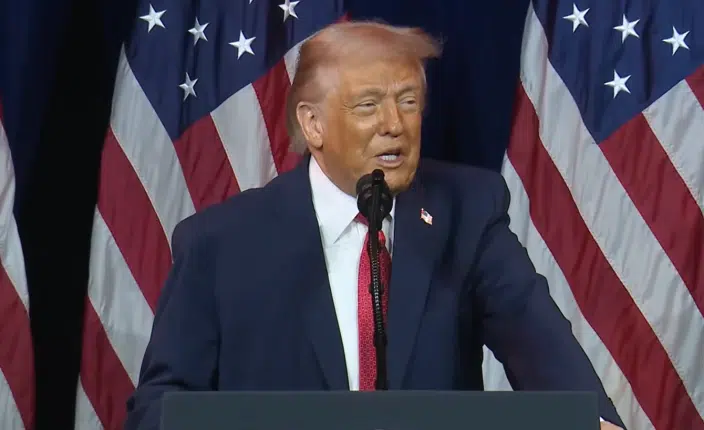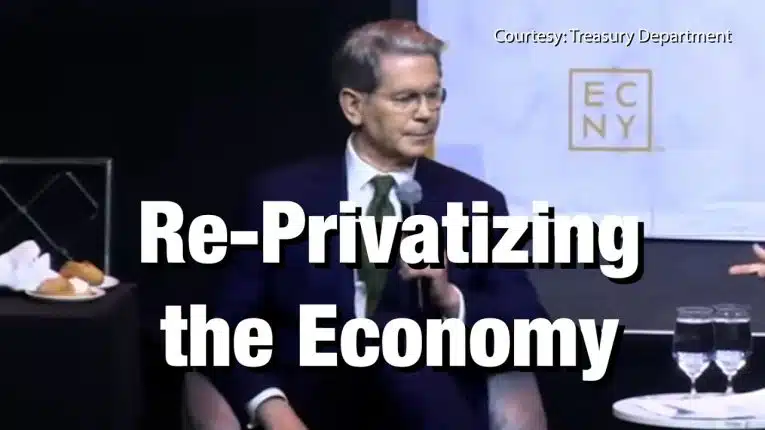
There are no more Americans who say they are employed than one year ago, the latest data from the Bureau of Economic Analysis’ household survey shows for the month of August, with 161.43 million saying they have jobs, compared to 161.5 million in Aug. 2023.
On a year over year basis, that’s actually 7,000 fewer jobs than a year ago. And, once again, that’s what usually happens at the end of economic cycles after peak inflation when peak employment is seen and then, sometimes gradually and sometimes rapidly, succumbs to increasing joblessness.
In fact, unemployment is up by 1.4 million since its Dec. 2022 low, and the unemployment rate has gradually ticked up over a similar period, from an April 2023 low of 3.4 percent to the current level of 4.2 percent.
Generally, whenever overall employment begins decreasing on a year over year basis, as it is now, it led to recessions.
In 1949, 1953, 1958, 1975, 1980, 1982, 1991, 2001, 2008 and 2020, employment began contracting during the recession. In 1961 and 1971, it reached the point of contraction on a 12- month basis immediately following the recession.

And in 1952 and 1957, it decreased but then bounced up again before succumbing to recessions with negative employment growth about a year later. So, it’s a terrible signal, and indicates no matter who wins the election in November, whether Vice President Kamala Harris or former President Donald Trump, that is the situation they will be dealing with.
Either way, with a slowdown or worse seemingly imminent, prices will likely come down all on their own, along with interest rates. If there is any good news that comes out of the economic situation, that might be it, and hopefully any upswing in joblessness will be low and temporary.
So, what would the candidates do to make it better? Trump released his economic plan on Sept. 5, calling for boosting energy and other domestic production, cutting regulations and removing wasteful government spending to reduce prices by increasing supplies and controlling the money supply, which will bring down interest rates — and promises to keep them there.
Harris earlier released her own plan, with calls for subsidies to homebuyers and home builders to increase housing stock (which might fuel prices and result in a bubble via overproduction) as President Joe Biden and Harris have largely postponed their green fantasies in favor of a Trumpian increase in oil production, although Trump says he would go much further.
But there is also an unwillingness, usually on the part of the incumbents (in this case, Harris), to accept reality that there is any economic weakness, whereas Trump is more than willing to highlight those weaknesses as a failure of the incumbent party.
Decreasing employment takes away the one good story that Harris had to tell about the economy and recovery after Covid. Now, the recovery seems to be over.
In the meantime, personal incomes still have not kept up with consumer inflation since Harris took office. So, how the American people feel about their personal finances will undoubtedly factor into the equation.
With just two months until the election, another question is whether the press and the American people will demand more specifics from Harris, who appears to believe that she can coast to victory merely on the incumbency advantage owed to first-term administrations. On the other hand, ignoring reality didn’t really help Jimmy Carter, George H.W. Bush or Herbert Hoover, who each easily lost amid downturns.
Trump when he had a recession in 2020 responded with a robust plan to keep small businesses afloat and by the end of the 2020, more than 16 million of the 25 million jobs temporarily lost in the Covid lockdowns had come back — and Trump barely lost. So, having policies ready to address to the current situation has their virtue. Whereas, putting your head down and hope they all go away might be a recipe for being viewed as out of touch.
Robert Romano is the Vice President of Public Policy at Americans for Limited Government Foundation.






